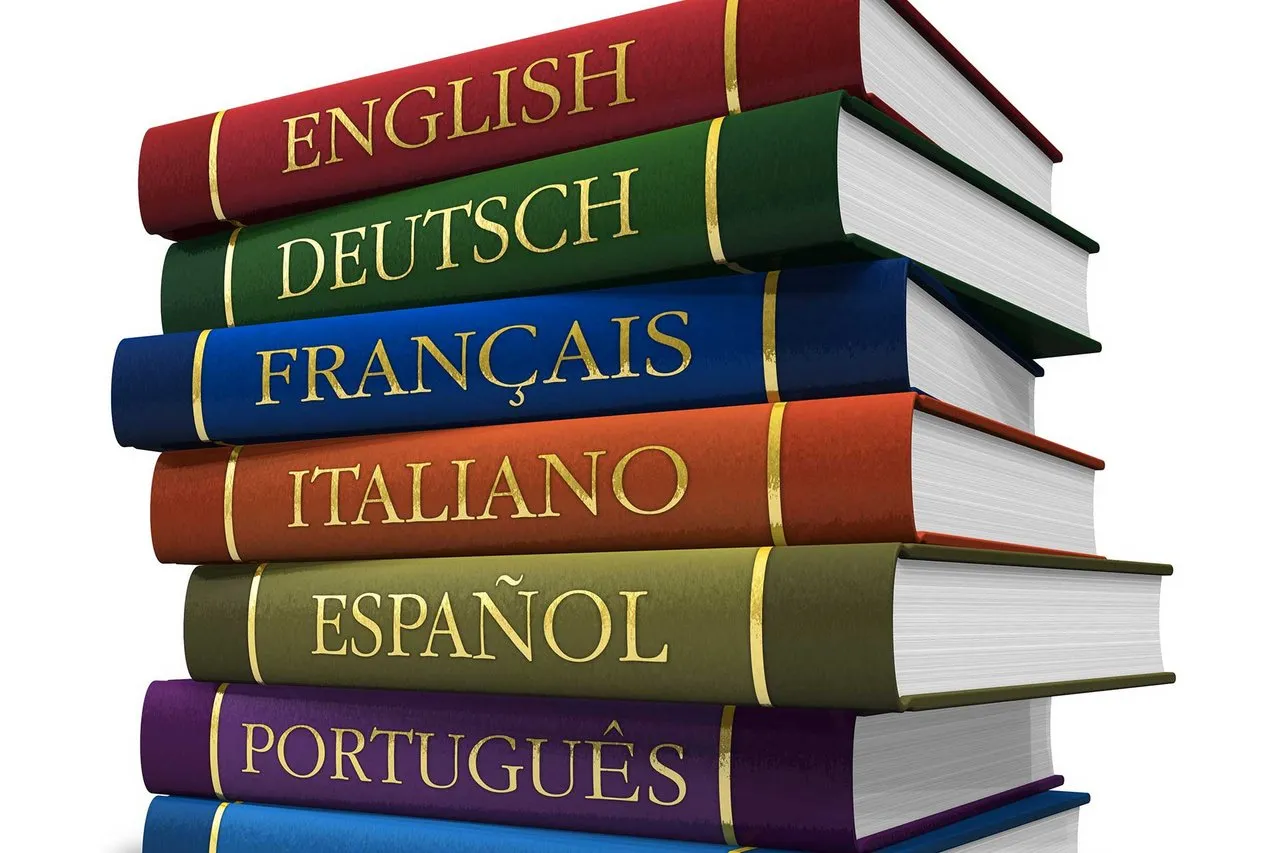I came across a couple of posts on Hive that had the tag #30daybloggingchallenge. I liked the idea, and so this is my challenge.

As I mentioned in my previous post, language is fluid and dynamic and often steals from other languages. It's this reason why learning to use the stolen language properly is the hardest to learn.
I speak English. English has Germanic roots. As such if I wanted to learn German, I could easily. Structurally it is the same, meaning if I want to learn German, I mostly need to be taught words. There will be some differences with colloquialisms, but other than that it's mainly words. German words haven't been absorbed into English in weird ways for the most part. This makes it easier to learn. But other languages are a different story.
Take French, for example. There are numerous French words that English has absorbed. However, we don't use them in the same way. Take the word restaurant. It sounds French, it is French, and yet it's not used the same. In English, a restaurant is an eatery. This is why McDonald's feels so free to use the word to describe its chain. However, the French use it in the way we would use the word cafe. Weirdly, "cafe" simply refers to coffee in French. It's these misuses that leads to issues learning French when coming from English.
"Buenos Nachos". I know what "buenos" means. It means good in Spanish and Spanish derived languages. But what do you think "nachos" means? If you thought of the tasty Mexican dish, you're wrong buddy. It means "morning", so "Buenos nachos" means "Good morning". But does that mean that the dish means "morning"? Does it mean nachos are in fact a breakfast food? I'm down with that.
I love these idiosyncrasies. But it doesn't make learning a language easy.
You know that song that goes "que sera sera"? I asked my French friend if that's what he'd say. He wanted to know what I said. That's not a good sign. When I explained the song, he said: "Oh, I know what you mean but, we wouldn't say it that way". That's what I thought he'd say.
All languages are difficult to learn. There is not one language that's easier to learn than others. Put simply, learning a new language means learning a new thought pattern. The older we are, the more difficult it is to do this. It's not just about having to learn new words, or new phrases, or new sentence structure. It's learning how each region uses those same words to form their own phrases. Like English, you could go to three different French regions, and you'd get three different ways to say the same thing. Don't even get me started on Chinese languages.
Then, of course, there's the matter of what resources do you use? Cassettes? YouTube? Plunging right in? All of these have merits, but they all fail in some way. Which leads me to state the same thing again. I don't feel any language is more difficult to learn than the one you are trying to learn.